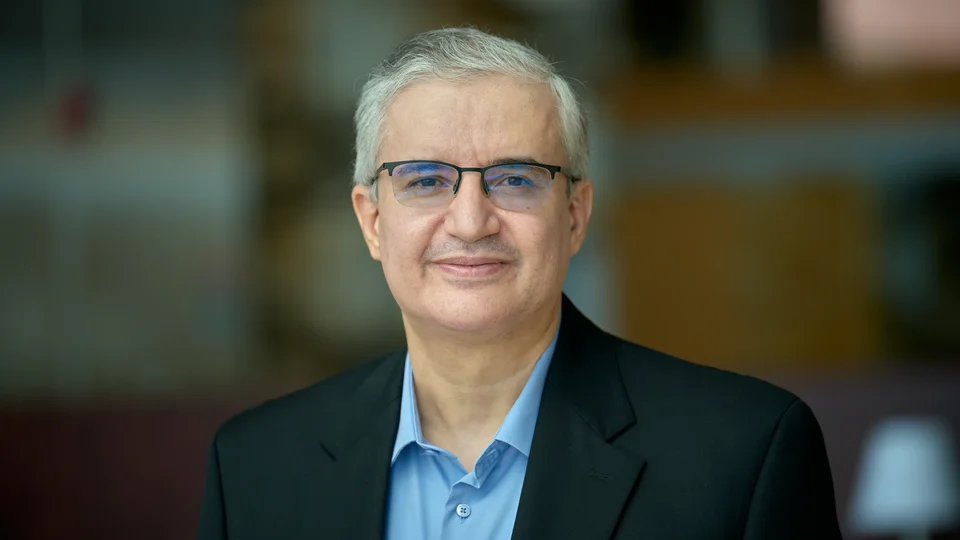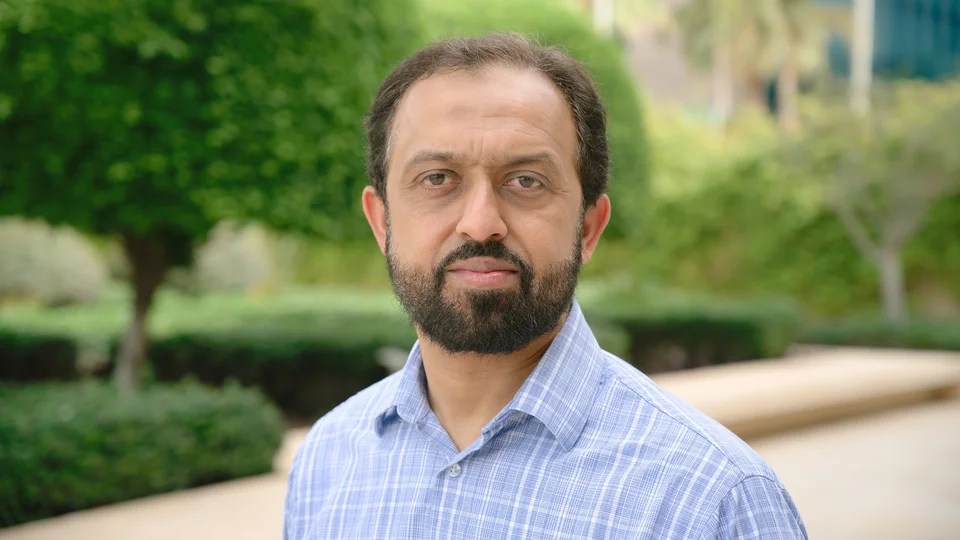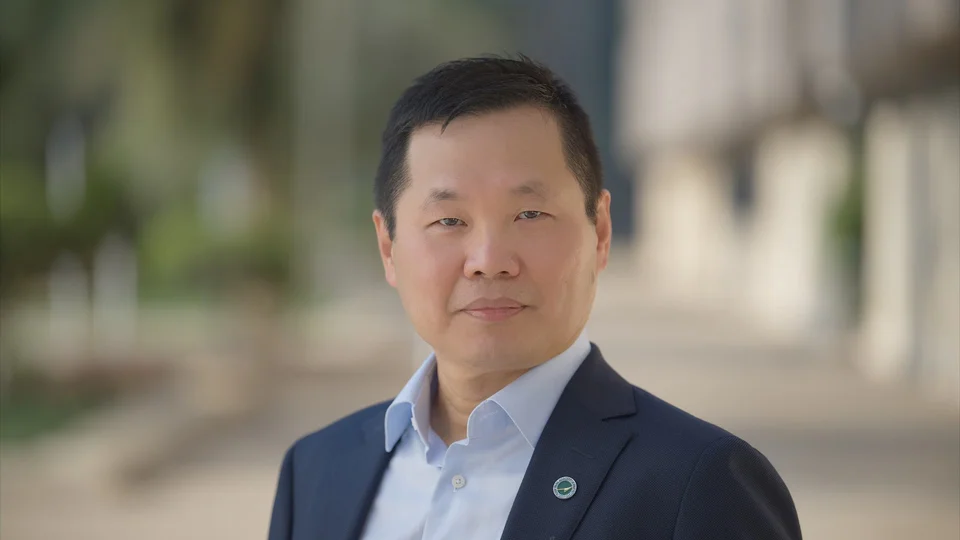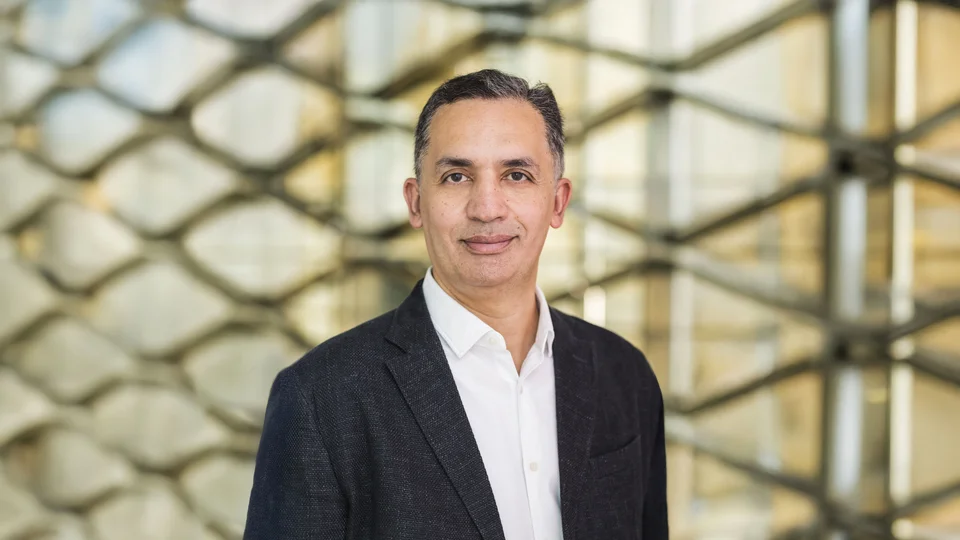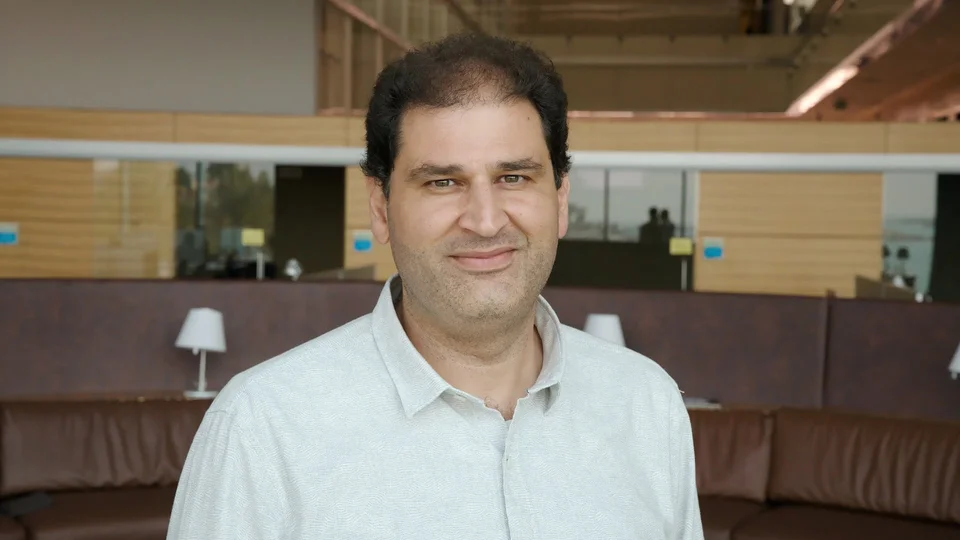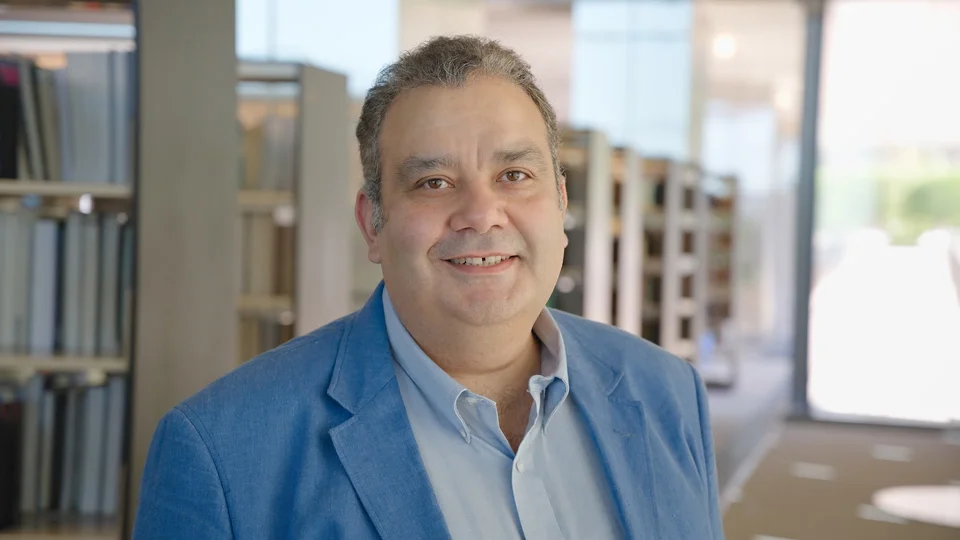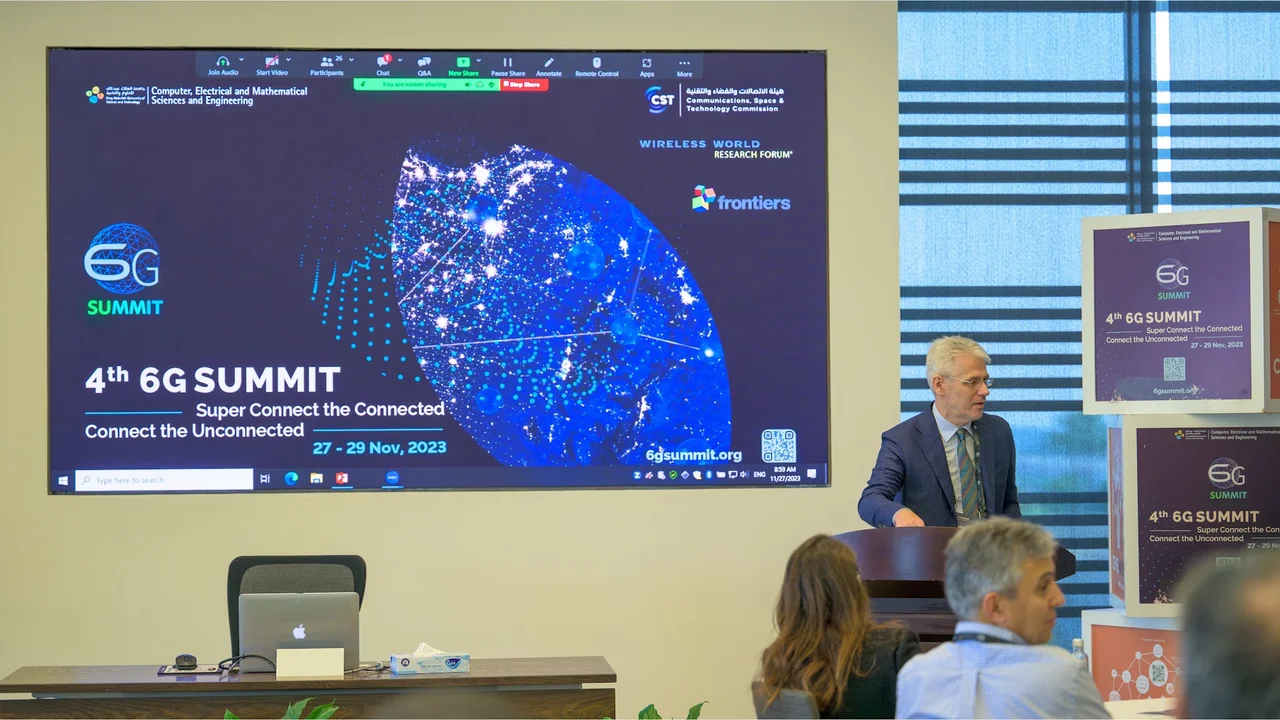
Leading the drive to achieve a digitally connected world
Exploring the potential of 6G technology, the 4th KAUST 6G Summit brought together experts to discuss super-connectivity, closing the digital divide, and driving digital inclusion in Saudi Arabia and beyond.
About
By David Murphy
Virtually all aspects of human life have been affected by internet and communication technology (ICT)—an umbrella term for the use of computing and telecommunication technologies, systems and tools to facilitate how information is created, collected, processed, transmitted and stored.
This coming decade promises yet another revolutionary epoch in how humanity communicates. In a world that has witnessed the standardization of the fifth generation (5G) of wireless communications systems (WCSs), its successor, 6G, is poised to be the next focus in wireless communication and networking. With 6G technology, we can anticipate increased hyper-connectivity in the 2030s, allowing for new superior communication services.
In 2023, however, one-third of the Earth’s population, 2.8 billion people, remain “unconnected” without access to the internet. Further efforts are needed worldwide to ensure equitable access to the internet to close the “digital divide.”
KAUST is positioned at the forefront of Saudi Arabia’s effort to sustainably drive digital inclusion and connectivity across the Kingdom. With the recent 4th KAUST 6G Summit, KAUST has once more demonstrated its commitment to giving back to the local community.
"Super Connecting the Connected, Connecting the Unconnected”
It was with this in mind that the recently held Summit examined the proposed wireless solutions and innovations to not only connect the “unconnected” and “under-connected” but also super-connect the “connected.” Titled: "Super Connecting the Connected, Connecting the Unconnected," the Summit was held on campus from November 27–29, 2023.
Organized by several KAUST CEMSE faculty members, the event featured six sessions and 40 speakers. It brought together in-Kingdom and international ICT researchers and experts in ICT and WCSs. Those gathered analyzed and discussed the technical possibilities, social impact and critical considerations of using 6G to provide connectivity and opportunity worldwide.
Among the notable line-up of participants were: Mohammed Al-Otaibi, Deputy Governor, Radio Spectrum at the Saudi Communications, Space and Technology Commission (CST), Saudi Arabia; Maya Prince, UNESCO Chair Program Manager, Paris, France; Naser El-Sheimy, Tier I Canada Research Chair Professor, University of Calgary, Canada; Babak Hassibi, Mose and Lillian S. Bohn Professor of Electrical Engineering and Computing and Mathematical Sciences, California Institute of Technology, U.S., Ali H. Sayed, Dean of Engineering at École Polytechnique Fédérale de Lausanne (EPFL), Switzerland; Jianping Yao, Distinguished University Professor and University Research Chair, School of Electrical Engineering and Computer Science, University of Ottawa, Canada; Sonia Aïssa, Cyrille-Duquet Chair Professor, INRS, University of Quebec; Professor Stefano Maci, University of Siena, Italy; and Hamid Jafarkhani, Chancellor’s Professor at the Department of Electrical Engineering and Computer Science, University of California, Irvine, U.S.
“The Summit was dedicated to promoting research and training in the crucial 6G area. It served as a dynamic platform for KAUST researchers and graduate students to engage with cutting-edge advancements, share insights and collaboratively explore innovative solutions,” said KAUST Al-Khawarzmi Distinguished Professor of Electrical and Computer Engineering Mohamed-Slim Alouni.
The Summit also aligned its objectives with those laid out by Saudi Vision 2030, such as sustainable development, quality of life enhancement and improving digital access and reach nationwide.
“Despite significant efforts made in recent years to enhance cellular coverage across the Kingdom, further research is still required to connect the remaining unreached communities and underserved areas,” said Dr. Mohammed Alotaibi, Deputy Governor, Radio Spectrum at the Saudi CST.
